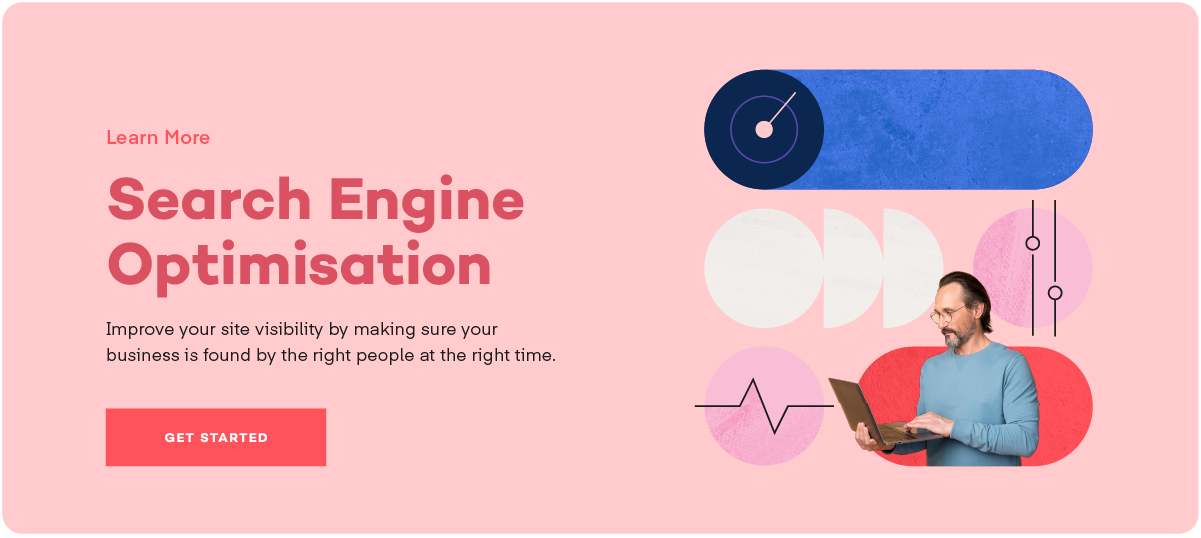It's scary, but Google is paying REALLY close attention to your website visitors.
Beyond simply looking at how many clicks you get from search, it's analysing how long users spend on your site, what they do there, and determines if they find your content helpful.
Google uses these factors to decide where to rank your page on search results.
A higher ranking means more website visitors and potentially more leads and customers
That's why providing a great experience 'on-page' can boost your SEO.
In our last post, we looked at how your B2B business can optimise technical SEO to rank higher in Google and attract more quality leads.
We've also looked at ensuring you have the SEO basics right and demonstrating Expertise, Authoritativeness, and Trust.
But wait, there's more!
Today, we'll dive into 'on-page SEO.'
On-page SEO refers to optimising all of the elements on your webpage and its code - including content, images, design, and the general user experience. On-page SEO includes all the technical stuff we discussed in the previous post; however, there are some more factors which you can work on to boost your SEO.
About a decade ago, the marketing world went crazy over the new content marketing trend. Conferences were attended, books were purchased, and blogs were launched as content mania swept the world. Except it wasn't just a trend, it's here to stay.
Content marketing refers to writing great website content to attract, influence, and convert potential customers, and it's a significant part of on-page SEO.
Writing informative, helpful, unique, and in-depth content is the best way to rank on Google search, reach potential customers, and influence their purchase decisions.
Here are our top tips for optimising your content:
Let's face it - people's attention spans are getting shorter, and impatience is rising. People don't have time for bad experiences when something better is just a click away.
Have you ever been to a website that was either slow to load, hard to navigate, had text too small to read, no paragraph breaks, a design from the 90s, or didn't display correctly on your mobile?
You probably got out of there in less than 10 seconds. And Google took notice and penalised their search ranking.
Providing an excellent website experience for your visitors helps them to stay longer and return more often and increases the chances they will convert to paying customers. And if users love your site, Google will too - which means higher rankings.
We recommend putting your best foot forward on the web to provide a great first impression and help your customers get the answers and solutions they are looking for. This includes optimising your website design, speed, navigation, usability and calls to action (CTAs).
Besides getting the basics right, optimising technical SEO, and boosting your EAT, 'on-page SEO' is another essential requirement for climbing search engine rankings.
Sure, it can be a lot of work. But it's worth it. In fact, 49% of marketers say that organic search has the best ROI of any of their marketing channels.
Once again, this is a vast topic, and depending on your current website setup, it can seem like a monumental task. But if you need us, we're here to help.
If you want to discuss anything mentioned in this blog or how we can help you optimise your SEO, attract more leads, and attain loyal customers, reach out for a friendly chat here.
Next in this series: B2B SEO: Optimising Your Technical SEO
